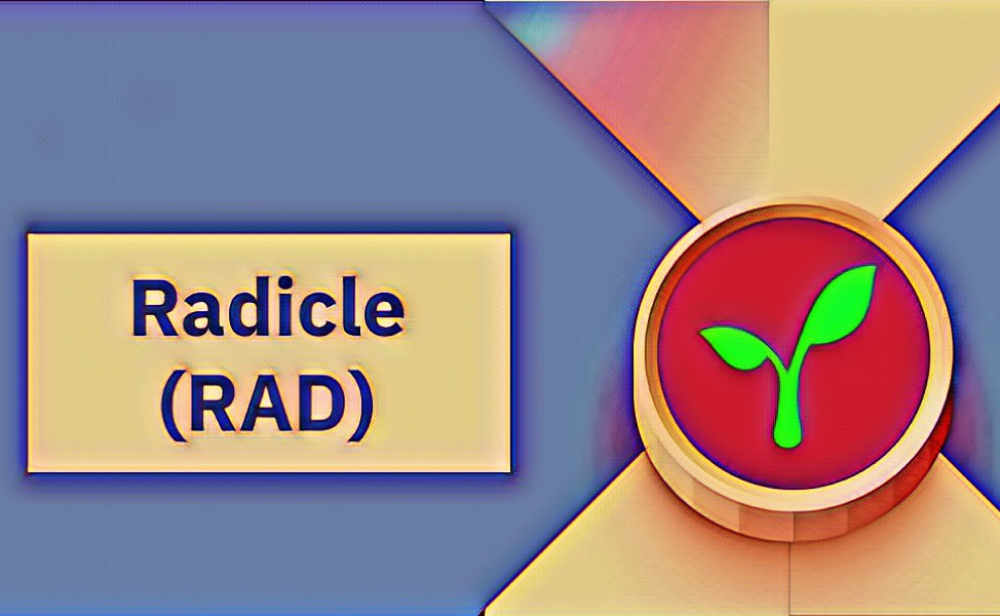
Radicle (RAD) is a decentralized coding collaboration network built on an open protocol. It enables developers to collaborate on code without the need for third-party. Radicle was created to mimic the capabilities of centralized code collaboration platforms while maintaining Git’s peer-to-peer nature, extending the benefits of distributed version control.
The Value Proposition of Radicle (RAD)
During the previous decade, open-source software development became the standard. Sharing code freely and publicly has reduced the cost and complexity of producing software, resulting in a surge in IT innovation.
These technologies, which have become the industry standard for code sharing, also house the world’s largest open-source development repositories, which include not just code but also bugs, pull requests, reviews, and comments. Furthermore, these platforms are where most social interactions, such as stars, likes, and following, take place.
Radicle was invented as a stand-in. Its goal is to eliminate intermediaries and create a peer-to-peer ecosystem that is reliable, effective, and safe. To encourage the adoption of decentralized alternatives for code collaboration that conform to free and open-source software norms, an intentional shift in narrative is necessary.
How Does Radicle (RAD) Work?
Radicle was created with bazaar-style growth in mind. This signifies that each project has many upstreams maintained by maintainers and contributors who exchange changes with one another, rather than a single canonical view.
Two people will have subjective opinions on the same project, but your vision of the project will become the total of all other views of the project. Rather than being constrained to the supervision of a small set of individuals with read/write permission, the project becomes dispersed among the different perspectives of its maintainers and contributors.
In reality, this implies that you’ll need to add other individuals to your project as remotes to retrieve and receive updates from contributors.
Radicle uses Ethereum for unique worldwide identities, decentralized organizations, and protocols that assist open-source maintainers keep their projects going.
Radicle Link, a peer-to-peer replication technology based on Git, powers the network. It adds peer-to-peer discovery to Git by spreading data through a mechanism known as gossip.
Network users exchange and distribute material that they are interested in by storing redundant copies locally and sharing, or replicating, their local data with chosen peers. Radicle Link uses Git’s smart transfer protocol to maintain its data replication speed while providing worldwide decentralized repository storage via the peer-to-peer networking layer.
Developers can exchange and collaborate on Git repositories without depending on middlemen such as hosted servers because all data on the network is saved locally by peers on the network.
Radicle (RAD) Tokenomics
The total token supply of RAD tokens is 99,998,810, and the current circulating supply is set at 26,170,474.61 RAD.
Radicle (RAD) Price
Radicle (RAD) is now trading around $7.35 as of Jan. 19, 2022. Its 24-hour trading volume on exchanges is around $7,861,569.
Source: https://coinmarketcap.com/alexandria/article/what-is-radicle-rad-features-tokenomics-and-price-prediction

Comments